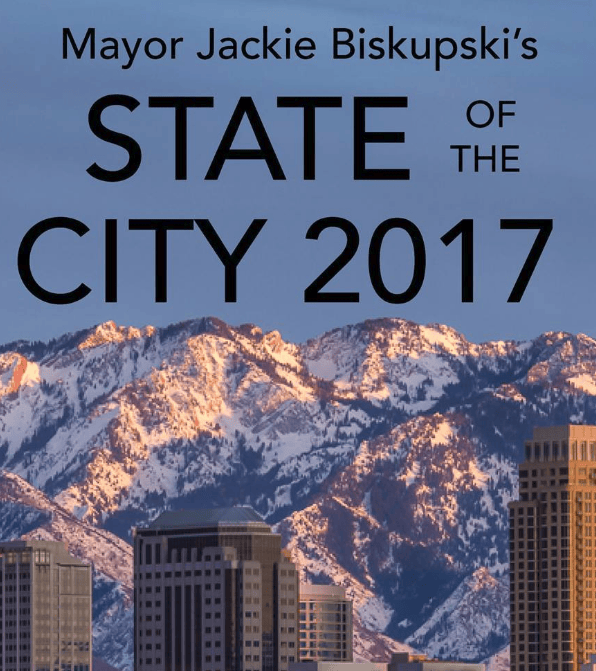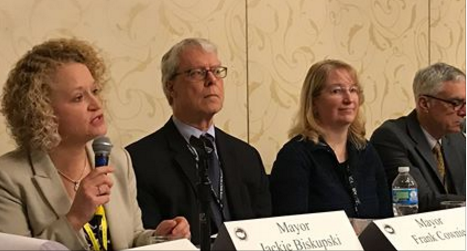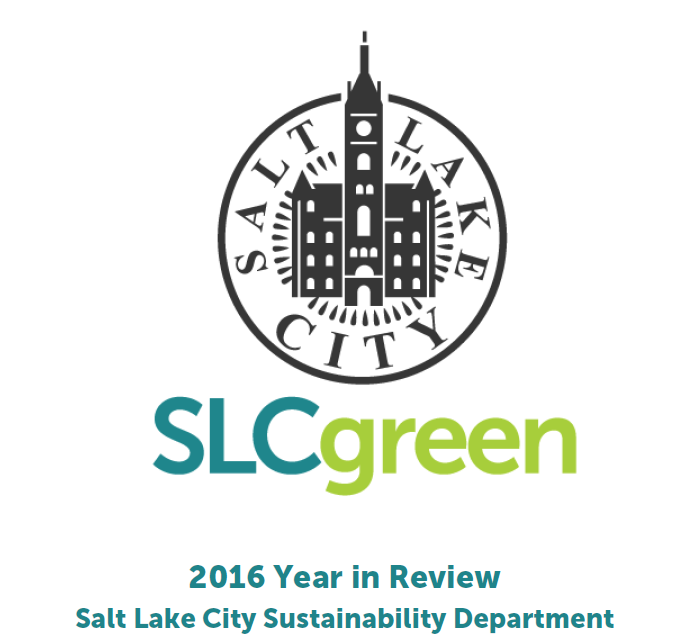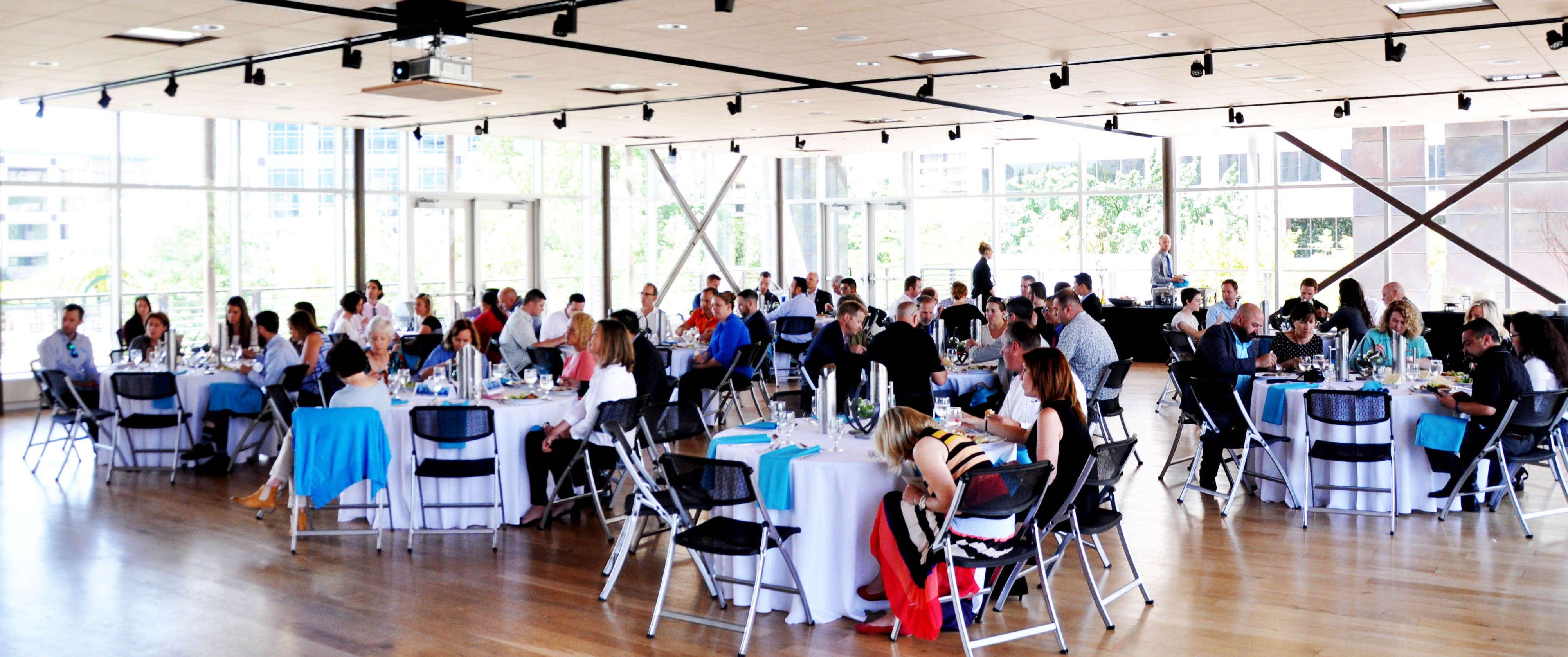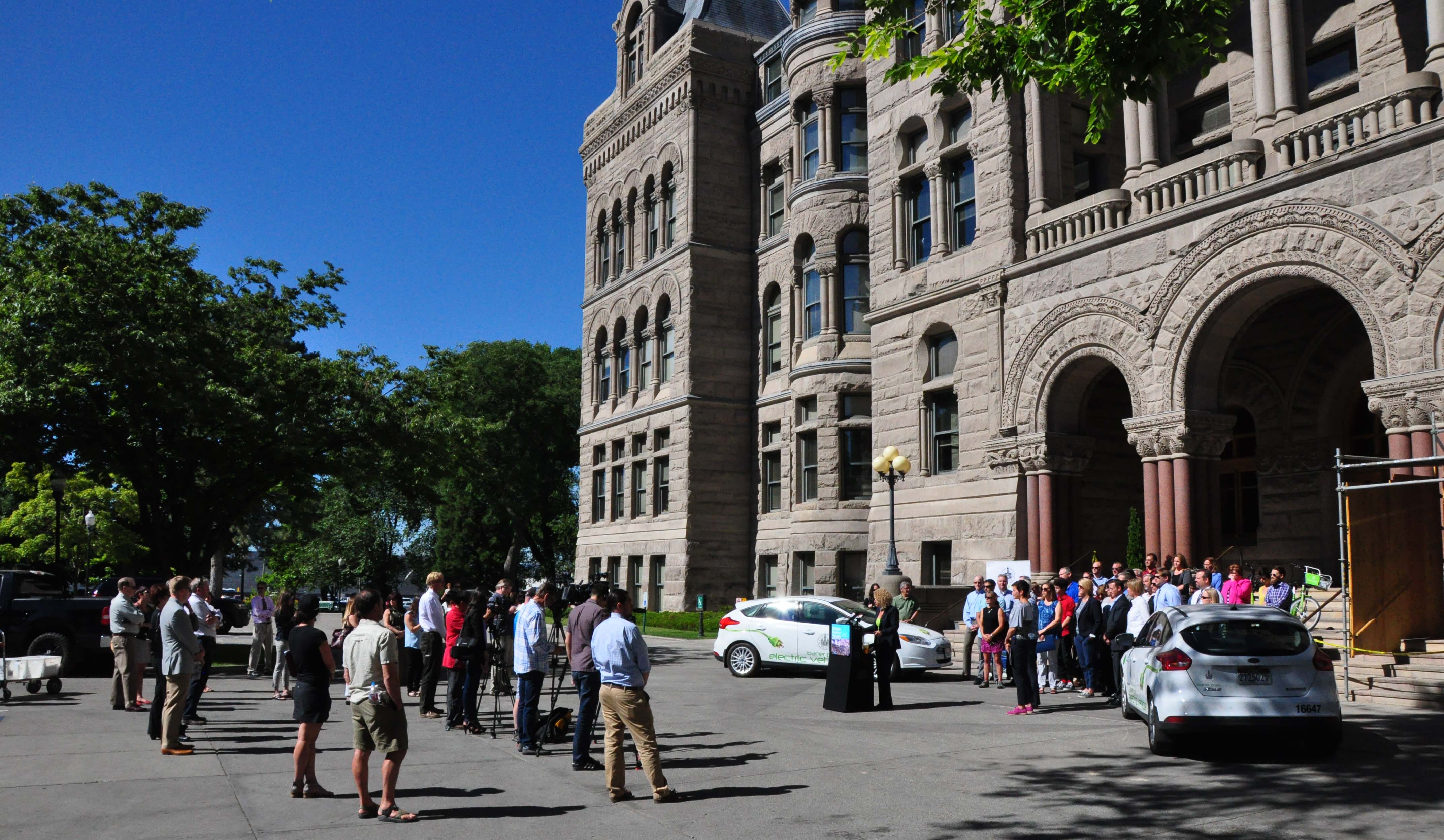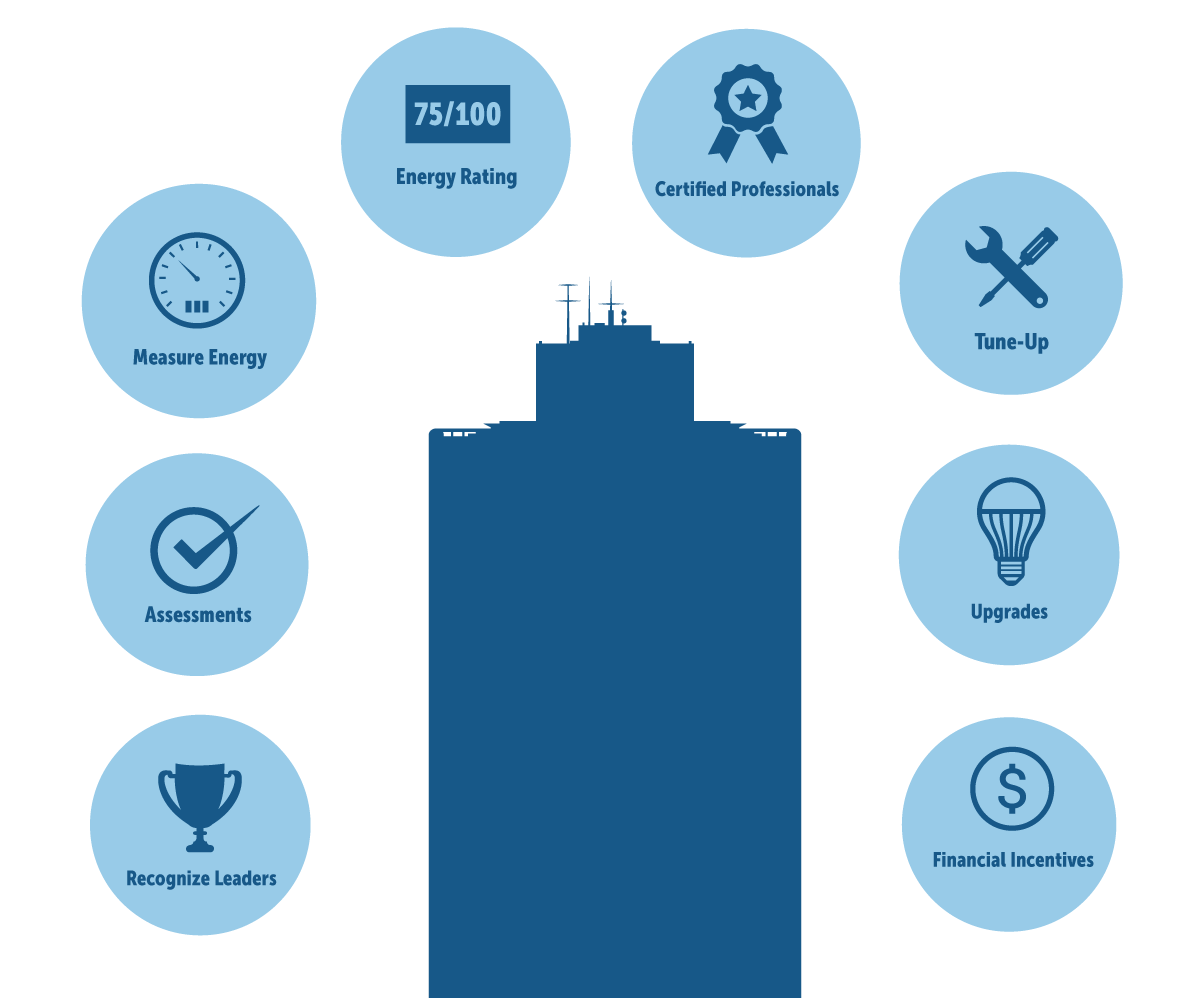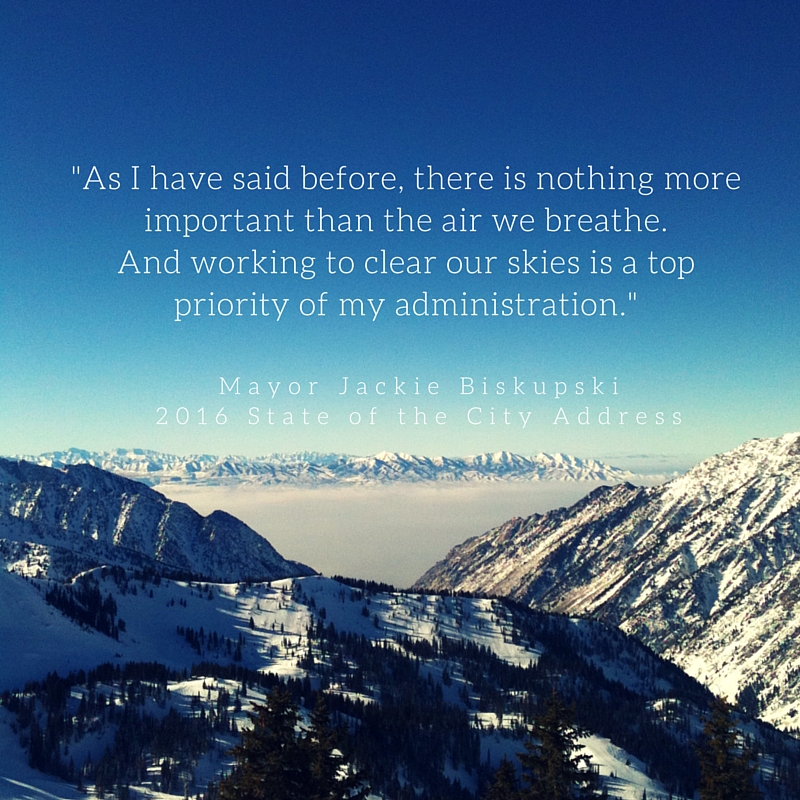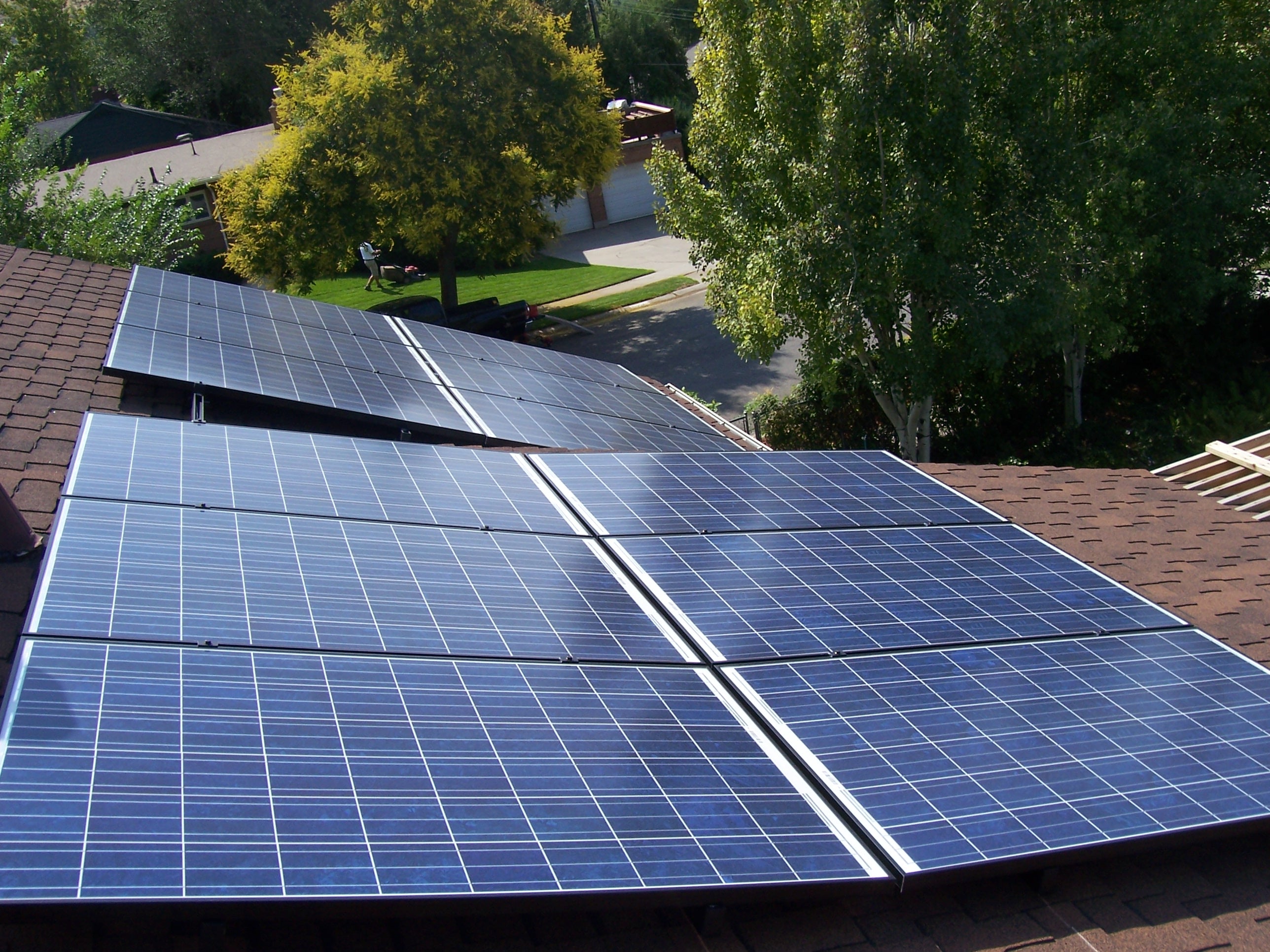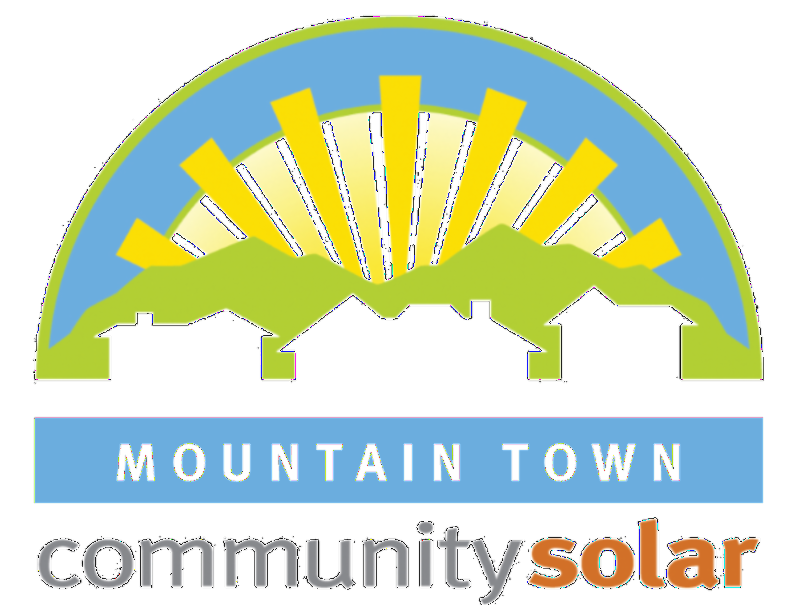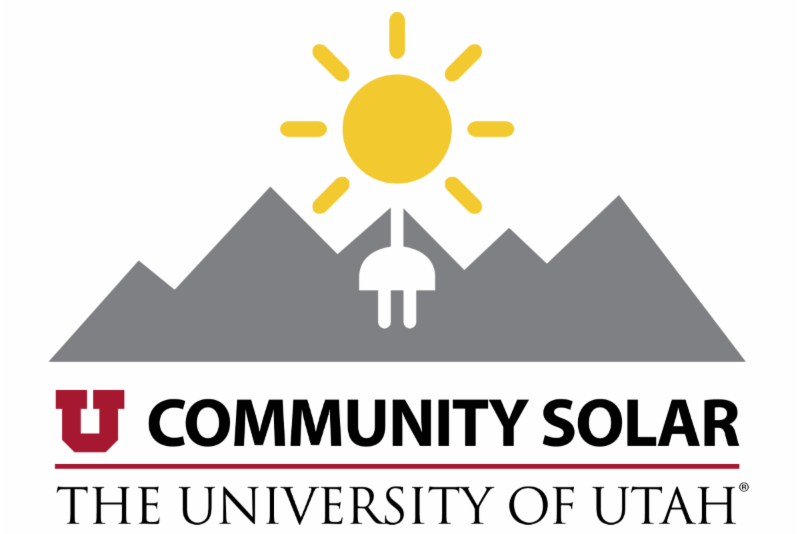Utah Clean Energy is thrilled to announce the launch of not one, but two more Community Solar programs; Mountain Town Community Solar and U Community Solar.

Community Solar makes putting solar on your roof simple and streamlined by helping neighbors team up and take advantage of a community network and volume pricing. See below for details of the two distinct Community Solar programs and find out which one will work for you.
Mountain Town Community Solar Launch Event, March 28
Summit and Wasatch Counties are giving new meaning to the phrase power in numbers. Community volunteers have come together with non-profit organizations Summit Community Power Works and Utah Clean Energy to launch Mountain Town Community Solar – a program to help residents tackle the solar process as a team, realize cost savings through bulk purchasing power, and energize their communities with clean energy.
Mountain Town Community Solar will host its launch event on Monday, March 28th at 6:00 pm at the Jim Santy Auditorium (1255 Park Ave., Park City, UT, 84060). RSVP here.
Workshop for U Community Solar, March 30
Back by popular demand, the University of Utah is once again partnering with Utah Clean Energy to bring members of the campus community in Salt Lake, Summit, and Davis Counties the opportunity to go solar.
Members of the University of Utah campus community (including alumni, faculty, staff, students, and campus guests) are eligible for a substantial discount on the cost of rooftop solar and a streamlined, simplified solar installation process.
The first workshop for U Community Solar will be held on Wednesday, March 30th at the A. Ray Olpin University of Utah Union, Union Theater, Salt Lake City, UT 83112. RSVP here.
 Salt Lake City and Salt Lake Chamber partner on the Third Annual Skyline Challenge to accelerate commercial building energy efficiency
Salt Lake City and Salt Lake Chamber partner on the Third Annual Skyline Challenge to accelerate commercial building energy efficiency
